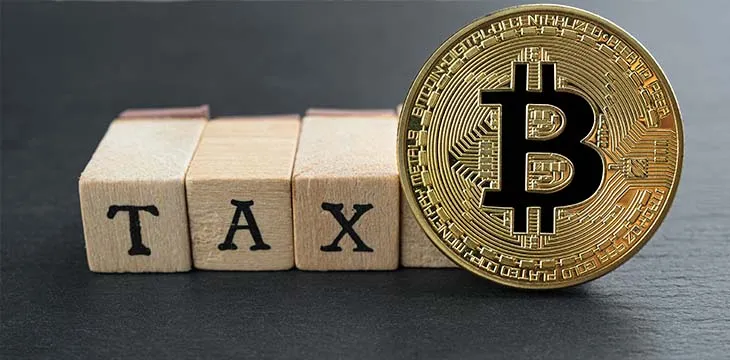|
Getting your Trinity Audio player ready...
|
Digital currency exchanges in the United Kingdom will now be subjected to a 2% digital services tax. The U.K.’s tax agency has claimed that since digital currencies are not currencies or commodities, they are not exempt from the tax reserved for the giants such as Facebook and Google.
The digital services tax was introduced in April 2020 by the U.K. government to target “large multi-national enterprises with revenue derived from the provision of a social media platform, a search engine or an online marketplace to U.K. users.” It has targeted global giants such as Facebook, Twitter, Amazon, and Google.
It will now apply to digital currency exchanges, London-based newspaper Telegraph reports. Her Majesty’s Revenue and Customs (HMRC), the country’s tax agency, has informed exchanges that they will be subject to the tax going forward.
HMRC says that digital currencies are not financial instruments and don’t qualify as commodities or money. As such, exchanges that offer them are not eligible for an exemption that’s offered to financial marketplaces.
“There are a wide variety of crypto assets, each with different characteristics. It is unlikely that crypto asset exchanges can benefit from the exemption for online financial marketplaces,” the agency stated in an update to its taxation guidelines.
The digital services tax imposes a 2% levy on online platforms, which will now include the exchanges, whose global revenue exceeds over £500 million ($665 million) and U.K. sales exceed £25 million ($33 million).
Once imposed, one of the casualties of this new tax will be Coinbase. The U.S.-based exchange operates a local subsidiary in the U.K., which it claimed had $24 million in sales last year. While this wouldn’t qualify for the tax, Coinbase claimed that in 2021, its sales quadrupled.
The U.K. digital currency industry is up in arms over the new tax. CryptoUK, an industry self-regulatory trade association, says it’s unfair to treat digital currencies differently from other financial instruments. Ian Taylor, its director, believes that the exchanges are already paying more than enough thanks to the new licensing regime that the Financial Conduct Authority (FCA) introduced. He also noted that these costs would be passed on to the users.
Watch: CoinGeek New York panel, Media Influence: How News Reporting Affects the Digital Asset Market

 09-17-2025
09-17-2025 





